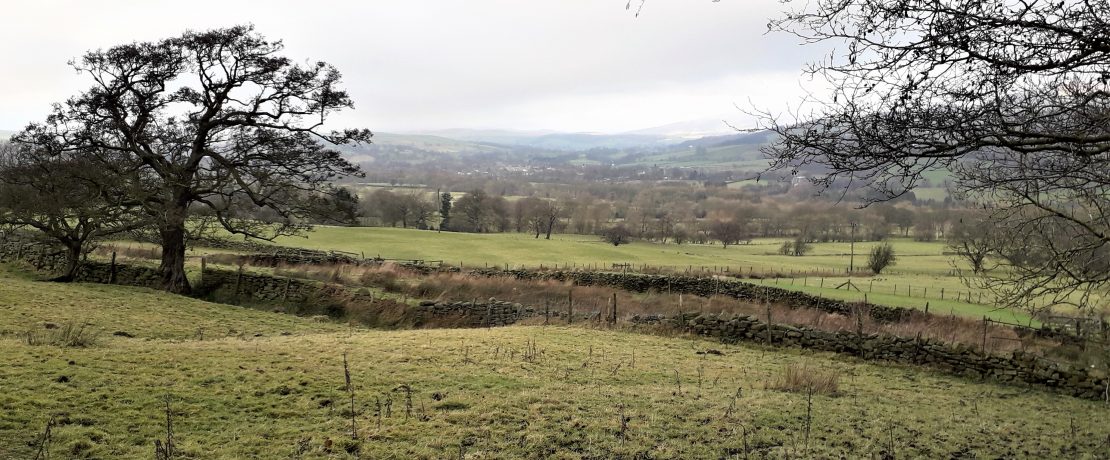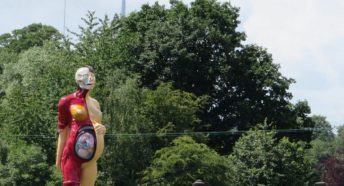Meditations from Home in Lockdown
As we all struggle to come to terms with our new and strange reality, I reflect on the role of the countryside, both at this time and in the future.
At the 2019 CPRE National Conference, I took part in a workshop about what people associated with ‘countryside’ and we each had to write down four words that sprang quickly to mind. I’m not great at that kind of exercise, but I wrote down ‘habitat’, ‘escape’, ‘productivity (food)’ and ‘exercise’. After I’d put pen to paper I realised that none of these exclusive to the countryside, although they may be conventionally associated. Indeed, there is often-quoted evidence that urban and suburban areas have more diverse habitats, more rights of way – therefore more opportunities for exercise and escape – than many areas that are dominated by arable farmland. Certainly, for many people, access to outside and to nature is most likely to be fulfilled by urban parks, country parks and riverside woodlands, which is why these fall well within CPRE’s definition of ‘countryside’.
The COVID-19 pandemic throws a new, harsh light on this situation. Locked-down urban dwellers, craving fresh air and exercise, are flocking to the relatively few countryside locations they know and can easily travel to. This raises concerns that such places should be closed off. But then where would people go? Those of us lucky enough to have adaptable gardens are turning to them for solace and potentially for food growing, as we become uneasy about supply chains. The experience of lock-down for those with larger homes, gardens and walkable amenities is very different from those without. This means that people without those advantages are in greater need of the ‘countryside on the doorstep’ that Green Belt and urban green spaces are supposed to provide.
It’s also hard to ignore the unplanned respite that humanity is giving to the planet through cleaner, quieter air and less resource use, and the sudden opportunity that has opened for children to play and cycle in the traffic-free streets – however ephemeral this might be. In other words, if it were not already obvious, humanity’s utter dependence on the environment contrasts starkly with the ways the environment might heal and prosper without us.
All of this leads to a timely conclusion. Our countryside may be our go-to resource of habitat, escape, exercise and food, amongst other things. But it has no predisposition or obligation to provide them. Nor does it care whether it provides them equitably to everyone, or just to a privileged few. Consequently, it is self-evident we pursue the restoration and enhancement of our environments principally for the benefit of people. If we fail to restore and enhance then we are failing ourselves, and making society every more fragile against the unsentimental whims of weather, disease and whatever else comes our way.







